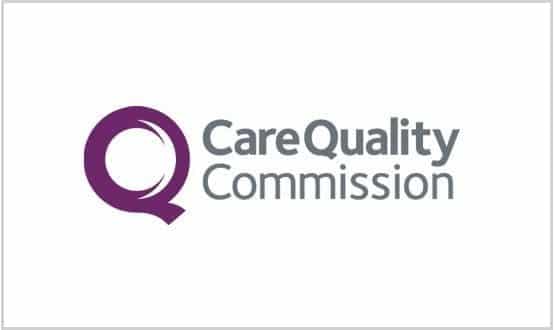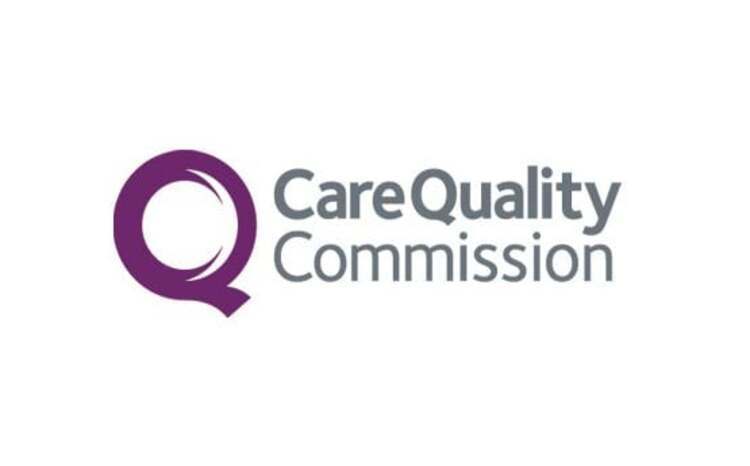CQC says IT issues remain at Bridgewater Community
- 24 February 2017

The Care Quality Commission’s latest inspection into a northern community trust reveals ongoing IT problems, despite similar problems being raised two years ago.
In a CQC report published 6 February, Bridgewater Community Healthcare NHS Foundation Trust was found to have missed its June 2015 target in “all services” to “develop IT systems to enable full integration and connectivity across the trust”.
TPP’s SystmOne is the main IT system at the trust, used in its adult, children, urgent care and out of hour services.
A trust spokeswoman said that when the trust was formed it had a wide range of systems, IT maturity and large geographical footprint. “The trust has had to make best use of its available resources whilst developing new capabilities to meet these challenges/requirements.”
Mike Richards, CQC’s chief inspector of hospitals, said that while improvements had been made, “some services required improvement and were still not meeting important targets, such as… the implementation of consistent IT systems across the trust”.
The regulatory body visited in May and June last year, to follow up on its February 2014 inspection. The 2014 inspection identified “improving the standard of record keeping and the IT systems used in the trust” as one of the main concerns.
In the latest report, there were concerns with the trust’s electronic pen system in midwifery where “staff reported many problems with the system including experiencing missing data, which they had to find and re-enter onto the system”.
This digital pen system did not interface with SystmOne and “staff told us it was time consuming having to access two computer systems”.
A trust spokesperson said that the digital pen solution allowed a paper record to be left with the patients at home and an electronic version to be stored on SystmOne.
“The solution worked but on occasions there were issues with the technology capturing the full information and breakage of the devices.”
This system was replaced in July last year, she added, with an iPad based technology.
Other specific problems highlighted included staff taking a month to get a personal login and consultants in hospices being unable to access IT systems. This had “created difficulties communicating about patients”, the report said.
The trust spokesperson said the trust is working to ensure all its hospices have access to records. There was now a maximum five working day waiting time for log-in details.
“There are no incidents of the IT systems causing patient harm”.
However, there was some successes in Wigan, which is covered by the trust. Trust services in the town were using a electronic patient record “allowed all staff to have instant access to the most recent patient information so that treatment and care could be optimised.”
In June 2014, Bridgewater received £1.6 million from the ‘Safer Hospitals, Safer Wards: Technology Fund’ to create a fully integrated digital care record and mobile access with SystmOne.
The trust was overall rated as “requires improvement” in February.
On the trust’s risk register, found in its February board papers, the risk of IT systems that “fail to meet the current and future needs of the organisation” was rated as “likely”. The paper said the IT strategy would be “refreshed” in March 2017.
The spokeswoman said that Bridgewater is rolling out an “agile working solution”, that “offers the ability to do ‘IT’ anywhere” with access to the SystmOne system. Currently, 660 clinicians have access to this system, she said.
Colin Scales, chief executive at Bridgewater, said in a statement that the trust’s “commitment is to ensure that our standards are high across each and every service and that we move on a journey towards being a trust that is rated as good and then outstanding”.
Bridgewater provides community and specialist services to 831,270 people living in Halton, Oldham, Southport, St. Helens, Warrington, Wigan Borough and Trafford.




2 Comments
the key is to integrate the DATA, integrated DATA can make the phrase “health journey” real and not just a meaningless phrase
Marketing is easier though.
Comments are closed.